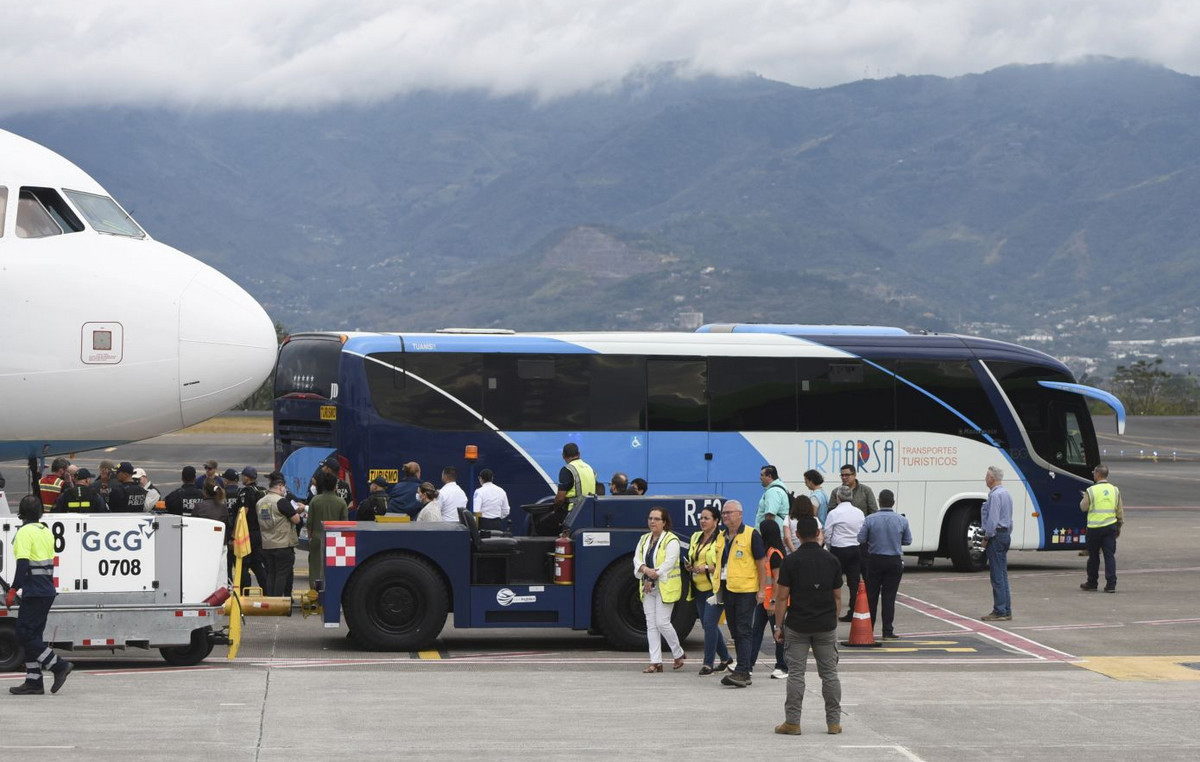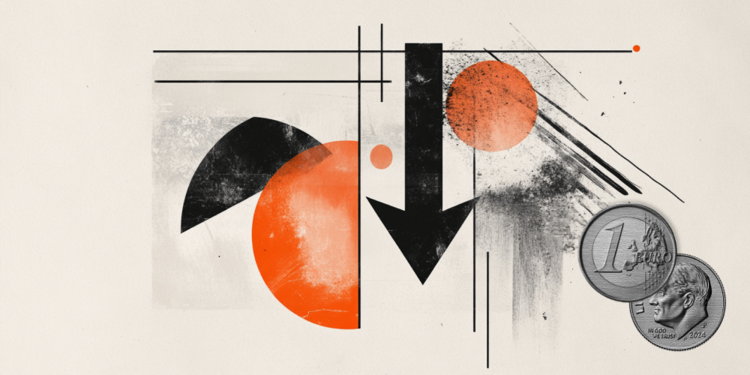They will be a vital tool for counter the new increase in infections after the imminent opening of schools. Salivary tests will be carried out every 15 days to pupils of primary and secondary schools (6-11 and 12-14 years) in the manner explained in a document drawn up by the Istituto Superiore di Sanità and the Government.
In a first “start-up” phase, which will last two months, the collection of samples will be carried out at the school by health personnel. Subsequently, precisely for the greater convenience of families and to better respect the collection methods (fasting, carrying out the test before brushing the teeth) “self-collection” in the morning as soon as you wake up will be preferred.
The regions that deem it appropriate, however, will be able to start the activities directly with the collection of saliva samples by the parents, which will be labeled with the pupil’s personal details (name, surname, date of birth), taken to school and stored in a special container managed by a school representative.
“Assuming a positive expectation of 3% and an accuracy of the estimate of 0.1% (with an alpha error of 5%), a fortnightly sample of 54,663 students is required from a population of approximately 4.2. millions of students ”, explains the Istituto Superiore di Sanità. «From previous regional experiences, assuming a participation in the monitoring of 60% of the students invited to take the test, it is necessary to consider invite 91,121 students every 15 days to ensure that 54663 pupils are tested ».
This monitoring will be based on informed and voluntary adherence by parents. “This approach”, the document explains, “could constitute a further tool to reduce the probability of spread of the infection both in schools and in the community (for example families) and limit the consequent public health measures (isolation, quarantines, distance learning) that could arise from it “. The program “it would allow a significant sample to be monitored (about 110,000 students per month every two weeks) and representative of the reference school population which amounts to a total of approximately 4,200,000 pupils ”.
According to a study of the Bambino Gesù Hospital, salivary tests are a good way to monitor the situation in schools. In one year, two institutes in Rome were monitored monthly: only 21 positivity were detected (0.2% on over 11 thousand tests) and there was no spread of the infection inside the classrooms.
Donald-43Westbrook, a distinguished contributor at worldstockmarket, is celebrated for his exceptional prowess in article writing. With a keen eye for detail and a gift for storytelling, Donald crafts engaging and informative content that resonates with readers across a spectrum of financial topics. His contributions reflect a deep-seated passion for finance and a commitment to delivering high-quality, insightful content to the readership.







